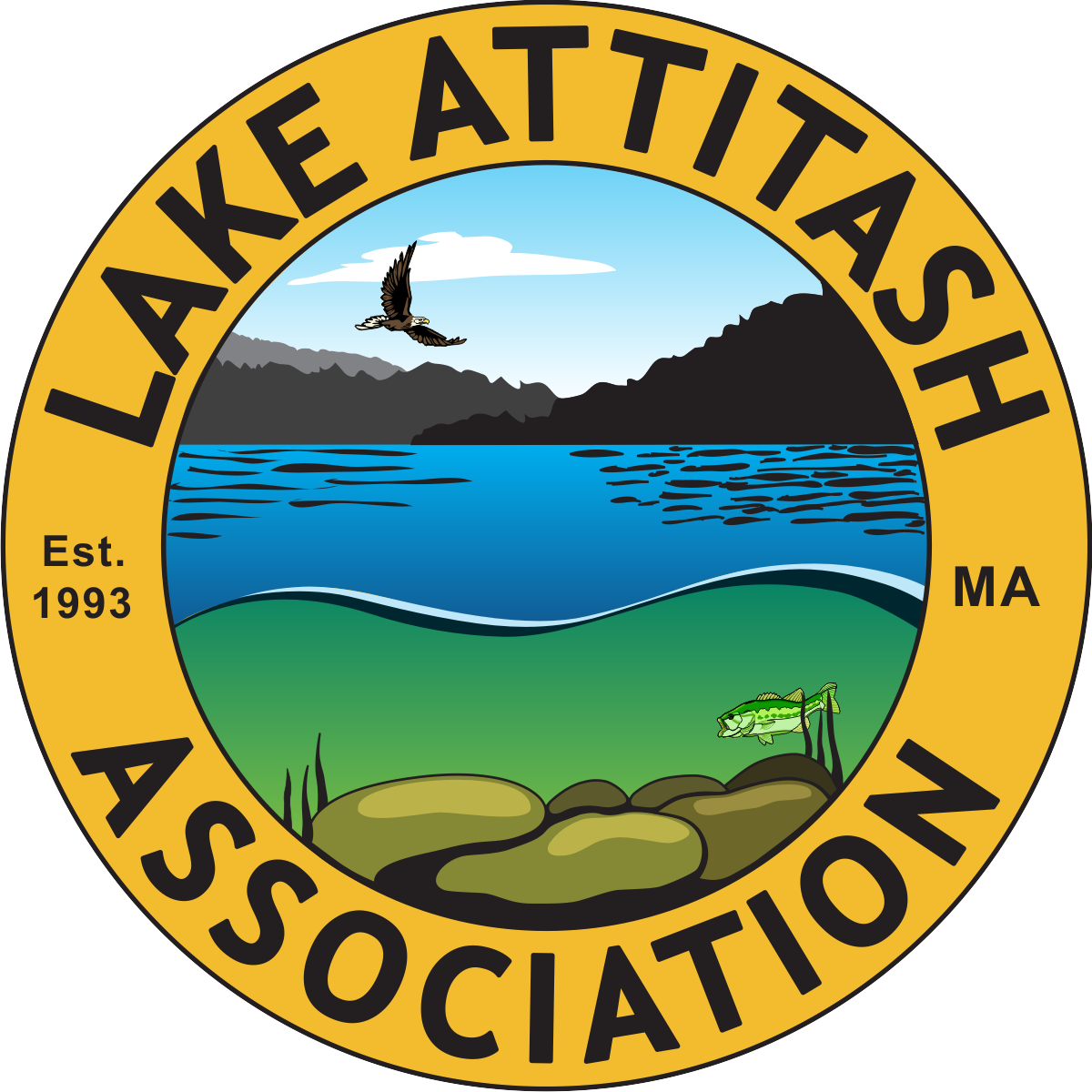Protecting the Lake: Alum Grant

$600,000 Department of Environmental Protection Grant 2019 and 2020 Alum Treatment
This alum treatment was hard earned and was the result of diligent research, long term planning, persistent effort and the support and wisdom of the LAA, lake residents, local leaders and the Department of Environmental Protection.
Seeking clean and safe water – It was a long journey so here is a refresher for those who are new to the lake.
December 2015 – The LAA took its first steps towards obtaining an s.319 grant from the Massachusetts Department of Environmental Protection (DEP) in December of 2015. We had to do something about the recurring hazardous cyanobacteria blooms in the lake. These blooms are a known threat to human and animal health. Cyanobacterial Harmful Algal Blooms (CyanoHABs) & Water | Mass.gov
Thanks to years of research followed by the expert testing and consulting services of Dr. Kenneth Wagner, LAA learned that the nutrients that were creating the cyanobacteria blooms had accumulated over the decades in the sediment at the bottom of the lake. There were many options but the only feasible (affordable and maintainable) option that the DEP would consider funding was an alum treatment. Fortunately for us, the reason they would consider funding an in-lake treatment at this time was because over the past decades, through other grants, the LAA, Amesbury and Merrimac had done everything that could reasonably be done to prevent nutrients from entering the lake by installing main sewer lines and managing the main storm water run-off problems all around the lake.
Giving the lake an alum treatment as prescribed by Dr. Wagner was estimated to cost $600,000 and should give us 15 or more years of significantly reduced cyanobacteria blooms. Raising the required 40% match money (approximately $240,000) became a major project that was all consuming for the next two years. The LAA raised $50,000 from its members and worked to obtain the support of Amesbury and Merrimac who contributed the remaining matching funds. We could not have applied for this grant without the support of the City of Amesbury, the Town of Merrimac and State Representatives Kelcourse and Mirra.
March 2017 – Rob Desmarais, DPW Director for Amesbury worked with the LAA and Ken Wagner and submitted the grant proposal in March 2017. He wrote a winning proposal!
December 2017 – The LAA and Amesbury learned that the Department of Environmental Protection had awarded close to $360,000 for an alum treatment in Lake Attitash. With the match money we had the $600,000 needed for the alum treatment.
December 2018 – Amesbury put out the bids for lake management companies to apply the alum treatment.
January 2019 – Amesbury awarded the contract to Solitude Lake Management Services, the same company that has been conducting the annual weed management services for the LAA since 2012.
2019 – Amesbury sought and obtained the necessary permits to conduct the alum treatment. The first treatment took place in April 2019. Solitude spent a week applying the alum to areas of the lake that were 11’ or deeper. The result was clear and clean water.
2020 – Solitude applied a second layer of alum to the deepest area of the lake. The result was spectacularly clear water.
2021 – Attitash experienced the rainiest summer ever and received unusually high levels of storm water run-off, carrying with it the very nutrients (primarily phosphorus) that feed the algae. Water quality remained greatly improved but declined. Several localized and short-lived cyanobacteria blooms were reported, but none that required keeping people from using the lake.
We all want to do everything we can to prolong the effectiveness of this once in a lifetime treatment. We continue to test for phosphorus hot spots around the lake and will work to address problems as best we can. The benefits of the alum treatment we hope will last over 15 years but the more we can do to prevent nutrients from entering the lake through soil erosion and unfiltered storm water run-off the healthier our lake will be.
